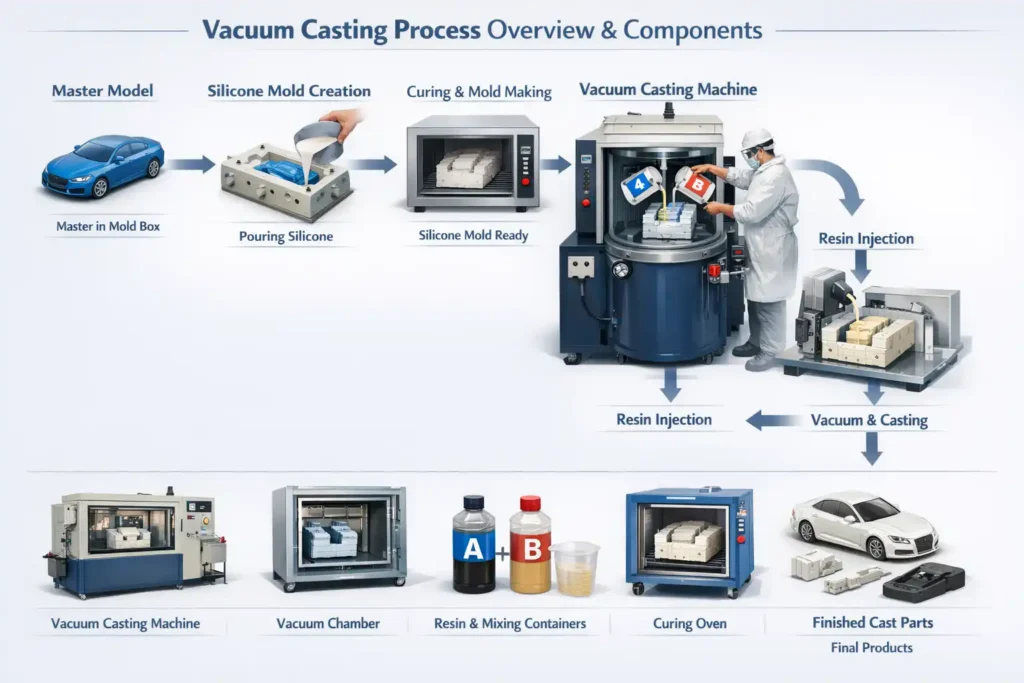The debt collection industry is undergoing a significant transformation driven by technological advancements, regulatory changes, and evolving consumer preferences. The debt collection industry is shaped by diverse practices and regulations across different regions. In the US, debt collectors face unique challenges due to stringent regulatory frameworks and evolving consumer behaviors. Globally, the landscape varies, with some regions adopting advanced digital methods while others rely on traditional approaches. By understanding these perspectives, we gain a comprehensive view of the Debt Collection Industry Trends and Insights 2024.
Technology such as Artificial Intelligence (AI) and digital methods are revolutionizing debt collection. These technologies enable more efficient and personalized interactions with debtors, improving recovery rates and customer satisfaction. Additionally, regulatory shifts, both in the US and globally, are compelling debt collectors to adapt their practices. The interplay between technology and regulation is a crucial factor in shaping the future of debt collection.
While technology enhances efficiency, the human touch remains essential in debt collection. Empathetic and personalized communications can significantly impact recovery rates and customer relationships. Balancing AI-driven automation with human empathy is key to effective debt collection strategies.
This article explores various facets of the industry, including operational challenges, the role of AI and digital methods, regulatory compliance, personalization, and data security.
Operational Challenges and Emerging Trends
- Need for Effective Customer Engagement, Compliance, and Technological Adoption
Debt collectors face the challenge of engaging customers effectively while ensuring compliance with regulatory requirements. Technological adoption is crucial for streamlining operations and improving customer interactions. However, maintaining a balance between automation and personalized engagement is vital.
- Consistent Operational Challenges in Collections Highlighted Across Different Sources
Operational challenges such as maintaining data accuracy, managing customer relationships, and ensuring regulatory compliance are consistent across various sources. Addressing these challenges requires strategic planning and the adoption of advanced technologies.
- Exploring Strategic Opportunities
AI and digital advancements present significant opportunities for Debt Collection Industry Trends and Insights 2024. AI can analyze large datasets to identify patterns and optimize collection strategies. Digital platforms offer convenient repayment options, aligning with consumer preferences and enhancing recovery rates.
AI and Digital Transformation in Debt Collection
AI is transforming the financial services industry by automating routine tasks, predicting debtor behavior, and enhancing decision-making processes. In debt collection, AI can significantly improve efficiency and effectiveness, leading to higher recovery rates and better customer experiences.
Consumers increasingly prefer digital repayment options due to their convenience and flexibility. Debt collectors must offer various digital payment methods to meet these preferences and enhance customer satisfaction.
Challenges and Strategies for Enhancing Digital Collections Strategies
Enhancing digital collections strategies in debt collection presents unique challenges and requires tailored strategies to optimize effectiveness. Here are the specific challenges and strategies:
Challenges:
- Data Privacy and Security: Handling sensitive financial information while adhering to data protection regulations (e.g., GDPR, CCPA).
- Compliance Complexity: Navigating regulatory requirements and ensuring collections practices align with laws such as the Fair Debt Collection Practices Act (FDCPA) in the US.
- Integration of Systems: Coordinating data from multiple sources (e.g., CRM systems, payment gateways) for accurate and efficient debt management.
- Analytics and Decision Making: Leveraging data analytics for predictive modeling and decision-making to optimize collection strategies.
Strategies:
- Secure Data Handling: Implementing robust security measures, encryption protocols, and compliance with data privacy laws to protect sensitive debtor information.
- Regulatory Compliance: Regular training for staff on legal requirements, using technology for compliance monitoring, and partnering with legal experts to ensure adherence to regulations.
- Unified Data Platforms: Investing in integrated debt collection software that consolidates data from various sources, providing a comprehensive view of debtor information.
- Advanced Analytics: Employing predictive analytics and machine learning to segment debtors, prioritize collections, and customize repayment plans based on debtor behavior and financial situations.
Regulatory Compliance and Shifting Demands
Debt collection organizations face significant regulatory burdens at both state and federal levels. Compliance with these regulations is critical to avoid legal repercussions and maintain consumer trust.
Adjustments to Outcomes of Regulations
- Regulations continually evolve, shaping the debt collection landscape.
- Debt collectors must stay informed about regulatory changes and adjust their practices accordingly to remain compliant and effective.
Implementing Compliance Strategies
- Effective compliance strategies involve continuous monitoring of regulatory changes, employee training, and adopting compliant technologies.
- Strategies ensure that debt collection practices align with legal requirements and industry standards.
Future-Proof Digital Collections Strategy
- Importance of Scalable Solutions and Automation
Scalable solutions and automation are essential for operational resilience in the debt collection industry. These technologies enable organizations to handle increasing volumes of debt efficiently and maintain high performance levels.
- Importance of Strategic Insights and Advanced Technologies
Strategic insights and advanced technologies play a crucial role in enhancing collections performance. By leveraging data analytics and AI, debt collectors can develop more effective strategies and achieve better outcomes.
- Staying Informed on Industry Trends to Ensure Sustainable Success
Staying informed about industry trends is vital for sustainable success in debt collection. Regularly updating strategies and practices in line with emerging trends ensures that organizations remain competitive and effective.
Personalization and Customer Experience
There is a significant shift from segmentation to personalization in collections strategies. Personalized interactions based on individual debtor profiles can improve recovery rates and build stronger customer relationships.
- Emphasizing Empathetic Communications
Empathetic communications are essential in debt collection. By understanding and addressing the specific needs of debtors, collectors can build trust and improve recovery rates.
- Strategies for Minimizing Delinquencies
Personalized engagement strategies, such as tailored repayment plans and proactive communication, can minimize delinquencies and improve overall collection outcomes.
Data Privacy and Security
Protecting consumer data is critical in debt collection. Breaches can lead to severe legal and reputational consequences, making data security a top priority. Debt collectors must align their practices with privacy laws and regulations to ensure compliance and protect consumer data. This involves adopting secure data handling practices and regularly updating policies.
Secure and compliant data handling practices are essential for maintaining consumer trust and avoiding legal issues. Debt collectors must invest in robust security measures and compliance programs.
Investing in Technology to Enhance Collections Efficiency and Customer Satisfaction
Investing in technology is essential for enhancing collections efficiency and customer satisfaction. Advanced technologies such as AI and digital platforms can significantly improve debt collection outcomes.
In conclusion, the Debt Collection Industry Trends and Insights 2024 highlight the importance of adapting to technological advancements, regulatory changes, and evolving consumer preferences. By leveraging AI, digital methods, and personalized engagement strategies, debt collectors can improve efficiency, compliance, and customer satisfaction. Staying informed about industry trends and investing in advanced technologies will ensure sustainable success in the debt collection industry.
Spire Recovery Solutions leverages specialized processes and cutting-edge technology to ensure transparency and compliance while providing a great consumer experience.






